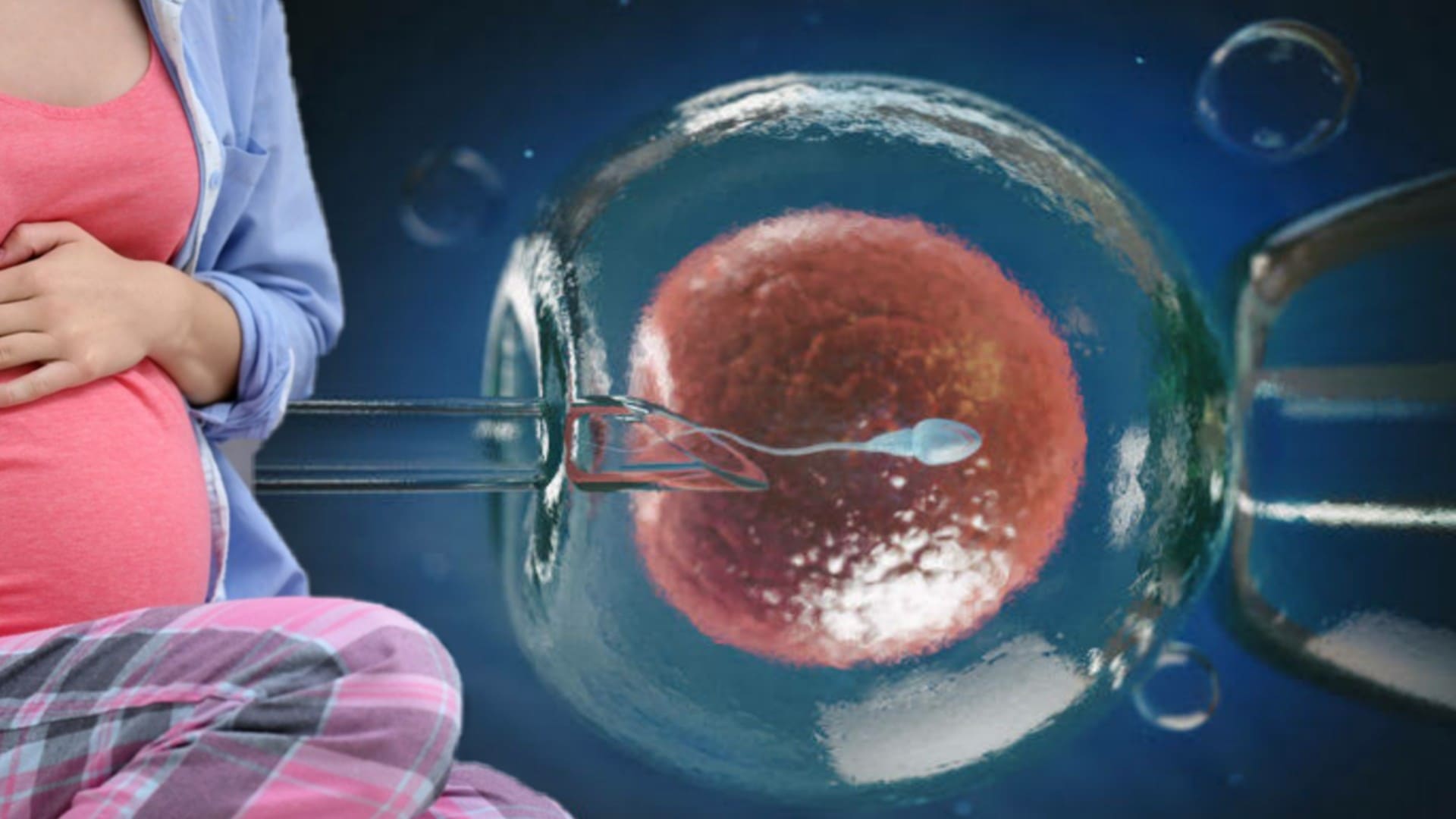IVF or microscopy is a treatment for many couples if they cannot have children in a normal way. It is based on the combination of the father's sperm with the egg from the mother. During this procedure, one or more fertilized eggs are transferred to the mother's womb, where they are transplanted into the lining of the uterus after enrichment so that the embryo forms and develops naturally.
Although this vaccination has been successful for many, it carries some risks that you must learn so that there are no surprises. What are these problems? Here's the details on this from my health.
read, too: When does the doctor advise In vitro fertilisation IVF?
What is In Vitro Fertilization IVF simply?
In Vitro Fertilization "IVF" is the process of collecting eggs from the wife and sperm from the husband and inoculating them in the embryo laboratory. To increase the success rate, one sperm is injected into each egg using a thin needle in a process called intrauterine sperm injection (ICSI).
In Vitro Fertilization (IVF) problems
1. Increased maternal weight
IVF and subsequent injections of hormones and ovarian stimulation can often lead to a change in the mother's body and a significant increase in her weight. So it doesn't have to be an unexpected surprise, it's a common thing to expect.
2. Ovarian hyperstimulation syndrome
This procedure is based on stimulating the ovary by injecting it with hormones. This requires careful follow-up and many injections. Successive injections and significant stimulation can sometimes lead to ovarian hyperstimulation syndrome, which has many symptoms and requires medical intervention: abdominal pain and bloating, nausea, vomiting, diarrhea and pain in the ovarian area.
3. Unsuccessful pregnancy
Vaccination is likely not successful from the first time, which needs to be re-vaccinated from the beginning, loss of waiting time, pursuit of pregnancy, as well as psychological condition and physical exhaustion that will accompany the mother during this delicate phase.
4. The embryo stopped growing
This is more common in microscopic injection than naturally occurring pregnancy. In some cases, pregnancy occurs, but the foetus ceases to grow, which is related to the egg quality on the one hand and the quality of the injected sperm on the other.
Read also: IVF success rate and difference between it and ntracytoplasmic Sperm Injection

